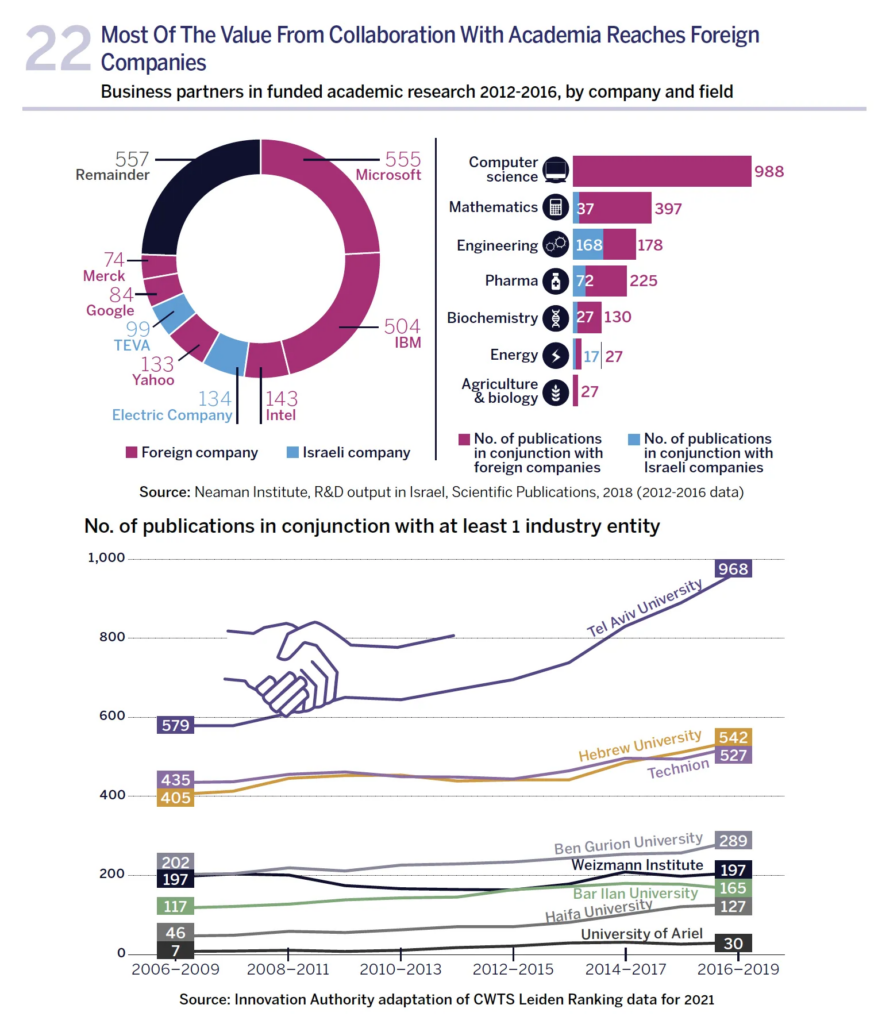The Future of Deep Tech Investment: How Innovation Technology Opens the Door to Wealth
1.1 Five Core Principles of Technical Depth
Deep Tech is a driving force of modern technological innovation, representing a field that goes beyond simple technology application. It particularly requires a balance between scientific fundamentality and industrial applicability, and this balance has become an essential element for sustainable technological development and tangible value creation. This chapter will examine in detail the five core principles for successful development and implementation of Deep Tech.

1. Scientific Fundamentality
The core of Deep Tech lies in innovation derived from basic scientific research. This is based on deep scientific insights that go beyond simple technological applications. A prime example is Ginkgo Bioworks, which started in MIT laboratories, developing innovative DNA design technology in synthetic biology. Their technology is used across various industrial sectors from biofuel production to advanced pharmaceutical development, demonstrating how basic scientific research can lead to tangible commercial value.
Looking at the global Deep Tech industry landscape, as of 2024, over 70% of all Deep Tech companies possess their own patent portfolios. A characteristic feature of these companies is that they invest an average of more than five years in in-depth research and development to enhance technological maturity. This serves as a clear indicator of the importance of long-term research investment and scientific validation in the Deep Tech field.
Examining Korea’s Deep Tech ecosystem, AI-bio convergence technology development is actively progressing, centered around the Daedeok Special Research Complex. However, with only 0.05 Deep Tech companies per million population, there is an urgent need to strengthen both the quality and quantity of the basic research ecosystem to secure global competitiveness. This suggests the necessity of not just increasing the number of companies, but also improving research quality and building a sustainable innovation ecosystem.
2. Industrial Applicability
The true value of scientific discovery lies in solving real industrial problems. Recent cases clearly demonstrate the importance of such applicability. Google DeepMind’s AlphaFold3 has achieved 92% accuracy in protein structure prediction using artificial intelligence technology. This has dramatically shortened the most time-consuming phase in drug development, reducing the overall development period by 50%.
Another notable example is global pharmaceutical company Merck’s implementation of IBM’s blockchain technology in pharmaceutical distribution. This achieved remarkable results by reducing counterfeit drug distribution rates by 99.8%, significantly contributing to patient safety and improving pharmaceutical industry reliability. However, in contrast to these global success stories, Korea’s reality shows some limitations. Particularly, the difficulty in finding successful commercialization cases among technology-specialized listed companies demonstrates the challenges in translating Korea’s R&D investments into actual business outcomes.
3. Patent Governance
Patents are crucial strategic assets that determine the survival and growth of Deep Tech companies. In this context, the Deep Tech IP finance activation policy pursued by the Korea Intellectual Property Service Association in 2025 shows notable progress. This is because it achieved tangible results with 13 billion won in investment attraction through the introduction of a patent evaluation cost support program. Meanwhile, different approaches to patent management are observed at the global level. The U.S. DARPA (Defense Advanced Research Projects Agency) has adopted a model where the government proactively promotes patent standardization to facilitate technology transfer to the private sector. In contrast, China is strengthening its domestic companies’ competitiveness by forming technology blocks and intensively managing patent pools.
4. Ecosystem Dependency
4. Ecosystem Dependency: The Hidden Key to Deep Tech Success
Deep Tech’s success depends not only on technological advancement but also on strong support from industry-academia-research cooperation networks. Israel produces over 150 innovative startups annually through its spin-off model that converts military technology for civilian use, establishing itself as an important benchmark in the global Deep Tech ecosystem. For example, HiFive AI successfully transformed military image analysis technology into a medical diagnostic platform, demonstrating the potential for technology commercialization.
In contrast, while Korea attracted 124.4 billion won in investment through the Ministry of SMEs and Startups’ Deep Tech TIPS Program in 2024, the technology transfer rate between universities and companies remains at just 12%. This is only about one-third of the U.S. rate of 35%, indicating that Korea’s Deep Tech ecosystem is still in its maturation phase.
Israel’s Spin-off Model: Success Cases in Military-Civilian Technology Transfer
Israel’s military-civilian technology transfer model converts military technology for civilian industry, facilitating the birth of innovative startups. Many Israeli Deep Tech companies expand into civilian sectors based on military technology, bringing innovation to various industries including medical, security, and energy. For example, military drone technology has been converted into an agricultural monitoring platform, generating annual sales of 30 billion won.
Deep Tech TIPS Program: Challenges and Opportunities
The Deep Tech TIPS Program plays an important role in supporting innovative startups through public-private cooperation. However, the low technology transfer rate suggests the need for strengthening industry-academia-research cooperation. This requires close collaboration between universities and companies and regulatory improvements. In particular, strengthening the industry-academia-research cooperation network is a key element that can elevate Korea’s Deep Tech ecosystem to a globally competitive level.
The Importance of Ecosystem Dependency
Deep Tech’s success depends not only on technological advancement but also on strong support from industry-academia-research cooperation networks. This plays a crucial role in all aspects, including technology commercialization, market expansion, and investment attraction. Therefore, Korea should use Israel’s spin-off model as a benchmark to strengthen industry-academia-research cooperation and further mature the Deep Tech ecosystem through regulatory improvements.
This ecosystem dependency is essential for Deep Tech companies to secure global competitiveness